Research Research Highlights
Research Highlights
Research Highlights
Research Highlights
Research Highlights 미리보기
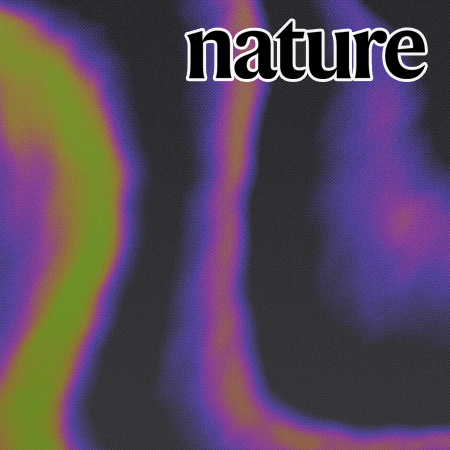
Atomic lift-off of epitaxial membranes for cooling-free infrared detection
Prof. Celesta S. Chang
Professor Celesta S. Chang's research team from the Department of Physics and Astronomy has developed an 'Atomic Lift-Off' technique that enables the production of ultrathin, freestanding perovskite oxide membranes—paving the way for high-performance, cooling-free infrared sensors.
Research Highlights Board

Surface Nanopatterned Shape Memory Alloy (SMA)-Based Photosensitive Artificial Muscle
Prof. Sung-Hoon Ahn, Prof. Heui Jae Pahk
A joint research team led by Professor Ahn Sung-hoon and Park Hee-jae of the Department of Mechanical Engineering announced that they have developed a light-sensitive artificial muscle that mimics the muscle of the iris that contracts when stimulated by light.

FAM167A is a key molecule to induce BCR-ABL-independent TKI resistance in CML via noncanonical NF-kB signaling activation
Prof. Sung-Gyoo Park
Professor Park Seong-gyu's research team at the College of Pharmacy has uncovered a new causative mechanism that causes Gleevec resistance of chronic myeloid leukemia.

Seasonal variability of ocean circulation near the Dotson Ice Shelf, Antarctica
Prof. Yang-ki Cho
A joint research team led by Professor Yang-ki Cho of the Department of Earth and Environmental Sciences revealed, for the first time in the world, the seasonal variability of seawater that melts the ice shelf of the Amundsen Sea in West Antarctica, which is most vulnerable to global warming.
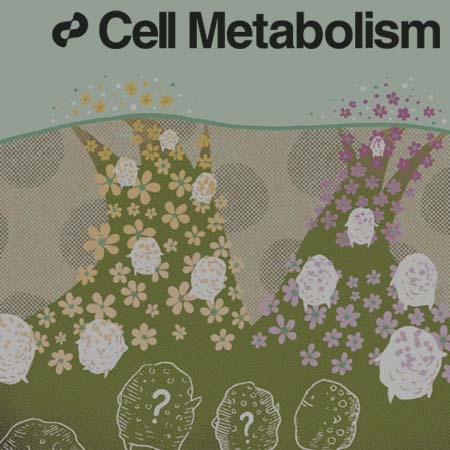
Distinct properties of adipose stem cell subpopulations determine fat depot-specific characteristics
Prof. Jae Bum Kim
Professor Jae-beom Kim's joint research team from the Department of Life Sciences announced that they have identified the effect of stem cell groups in visceral fat and subcutaneous fat on various functional changes in adipose tissue.

In operando visualization of redox flow battery in membrane-free microfluidic platform
Prof. Sung Jae Kim
A joint research team led by Professor Sungjae Kim and Kisuk Kang announced that they have implemented a redox flow battery system that allows electrolytes to exchange ions without a membrane.
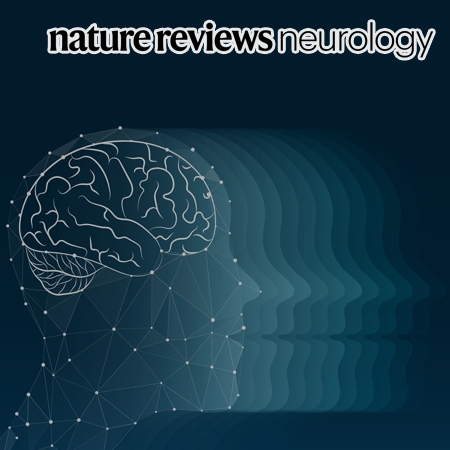
Multimodal brain and retinal imaging of dopaminergic degeneration in Parkinson disease
Prof. Jee-Young Lee
Professor Jee-Young Lee’s research team at the College of Medicine announced the achievements of the research which was conducted over 10 years on multimodal brain and retinal imaging as a biomarker for Parkinson disease.

Selenophosphate synthetase 1 deficiency exacerbates osteoarthritis by dysregulating redox homeostasis
Prof. Jin-Hong Kim
Professor Jinhong Kim and Byeongjae Lee of the Department of Life Sciences researched the joint protective efficacy of selenium metabolism and presented a clue for the treatment strategy for degenerative arthritis based on this.

Structural basis of neuropeptide Y signaling through Y1 receptor
Prof. Hee-Jung Choi
Professor Hee-Jeong Choi's research team at the Department of Life Sciences announced that they have identified for the first time the cryogenic electron microscope structure of the neuropeptide Y1 receptor, which can be used as a target for the treatment of obesity.

Obesity at early adulthood increases risk of gastric cancer from the Health Examinees-Gem (HEXA-G) study
Prof. Daehee Kang
Professor Kang Dae-hee's research team at the College of Medicine announced the results of a significant association between obesity and future gastric cancer risk in young adults aged 35 years.
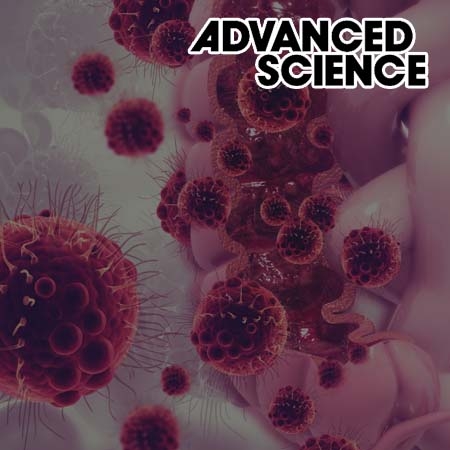
Multifocal Organoid Capturing of Colon Cancer Reveals Pervasive Intratumoral Heterogenous Drug Responses
Prof. Seung-Yong Jeong & Ja-Lok Ku
The research team led by Professor Ja-Rok Koo and Seung-Yong Jeong of the Department of Medicine revealed that colon cancer is very heterogeneous not only in the genome but also in the transcriptome stage.
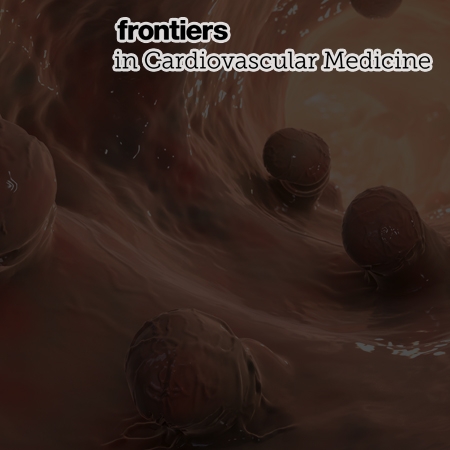
Estimating Risk of Cardiovascular Disease Among Long-Term Colorectal Cancer Survivors: A Nationwide Cohort Study
Prof. Sang Min Park
Professor Sangmin Park's research team at the Department of Family Medicine announced that they have developed a model for estimating the risk of cardiovascular disease in long-term colorectal cancer survivors.
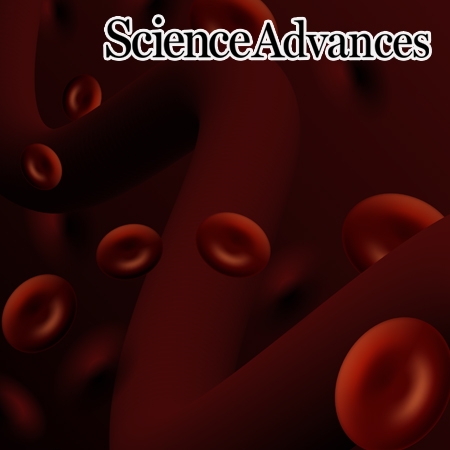
In vivo delivery of CRISPR-Cas9 using lipid nanoparticles enables antithrombin gene editing for sustainable hemophilia A and B therapy
Prof. Su Cheong Yeom
The joint research team of Professor Yeom Soo-Cheong of the International Graduate School of Agricultural Technology presented a research result that can treat hemophilia by efficient and long-term control of antithrombin, a target gene for hemophilia treatment.

